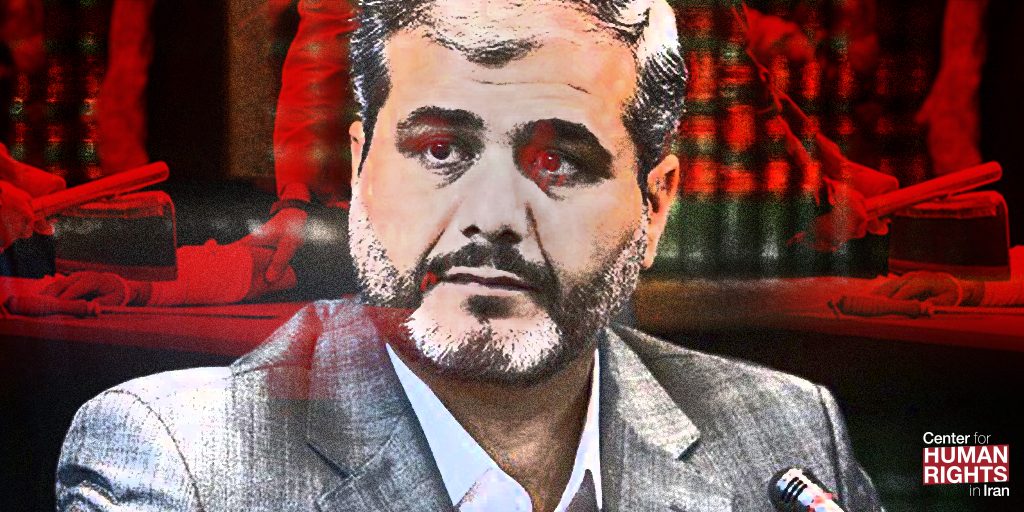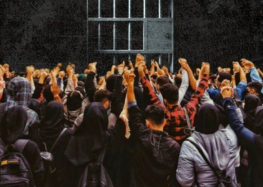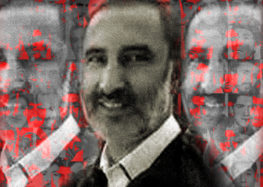New Chief Justice Appoints Proponent of Public Executions as Tehran Prosecutor General

Iran’s Chief Justice Ebrahim Raisi has appointed Ali Alghasi-Mehr as the new prosecutor general of Tehran.
Two months after being appointed by the supreme leader as Iran’s new chief justice, Ebrahim Raisi has appointed a staunch supporter of cruel and inhumane forms of Sharia (Islamic law) punishments as the new prosecutor general of Tehran.
On April 29, 2019, state-funded media outlets reported that Ali Alghasi-Mehr (also spelled Al-Qasi-Mehr), the former chief justice of Fars Province, had been appointed by Raisi to replace former Tehran Prosecutor General Abbas Jafari Dowlatabadi.
Throughout his career, Alghasi-Mehr has taken an extremely hardline approach to criminal justice, including by advocating public executions and amputations as a means of punishment.
According to local news media reports, Alghasi-Mehr is a native of the city of Chegani in Lorestan Province and became the prosecutor general of Shiraz in 2011. He was promoted to chief justice of the province three years later.
In August 2018, he called for the execution of nine prisoners found guilty of raping a woman “even though they have been pardoned by the victims’ family,” according to the state-funded Mehr News Agency.
Iran’s Islamic Penal Code allows the victim’s family to request a pardon after a conviction is made.
Three years earlier in June 2015, Alghasi-Mehr had advocated public executions as a form of deterrence: “The people demand executions be carried out in the open… so that everyone will learn a lesson.”
Alghasi-Mehr is also an ardent proponent of amputations for low-level crimes such as theft—also permissible according to Iran’s Islamic Penal Code.
In 2011, he ordered one man to have his hand and leg amputated for alleged armed robbery in Shiraz.
“The judicial system in Fars will firmly deal with serious crimes and implement Islamic laws,” he said in December 2011.
In October 2018, Alghasi-Mehr spearheaded a smear campaign against Mehdi Hajati, a member of the Shiraz City Council who was detained for 10 days and suspended from his seat for four months for seeking the release of two people arrested for their Baha’i faith.
“Making a lot of noise about this case will not affect the judicial process and we will not allow any interference,” Alghasi-Mehr said in response to public outcry over Hajati’s detention.
In May 2018, Alghasi-Mehr defended the killing of two protesters and the injuring of nearly 50 others by security forces during street protests in the city of Kazeroon over scarce water resources.
“A few riff raffs disturbed the peace and security of the people and took advantage of their feelings at a protest gathering and committed mischief,” he said at the time. “Their case is completely separate from the pious, honorable and revolutionary people of Kazeroon.”
Alghasi-Mehr has also expressed disdain for Iran’s commitments to international human rights treaties as well as President Hassan Rouhani’s Citizens’ Rights Charter.
“Currently in the Islamic Republic, citizens rights and human rights are being respected in the best manner possible and in the truest sense in accordance with religious canons and Islamic laws written 1,400 years ago,” he said.






